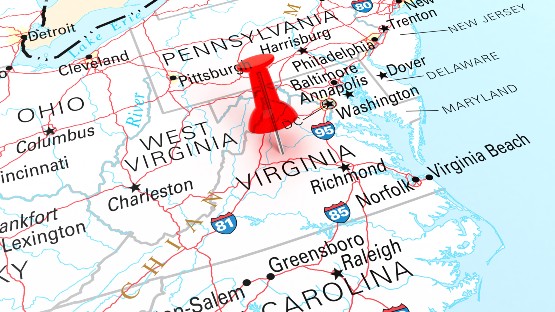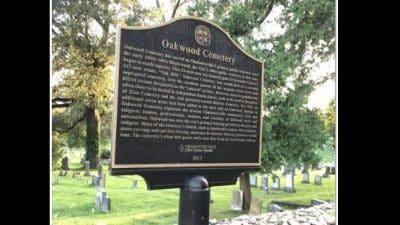
– stock.adobe.com)
Until recently, the government in Virginia had chosen not to take up its right to open casinos in the State. As reported in the Augusta Free Press, the United States Supreme Court decided in 2018 that the 1992 federal law that effectively placed a ban on sports and casino betting should be repealed.
But, it must be admitted that the differing views amongst rule-makers across the fifty states of America to the merits of legal gambling is also mirrored on a global scale. For every economy, such as the United Kingdom, where gambling is more or less a national pastime, there are more conservative stances to the legalization of gambling, such as those taken by legislators in New Zealand.
So, what can the fledgling gambling industry in Virginia learn from other markets where the acceptance of legalized betting has always been a thorny issue?
This piece seeks to understand the position of wary administrations and how this relationship between politics and betting might mold the gambling industry in Virginia in the coming years.
Virginia’s position
In a state as old as Virginia, something new, virginal you might say, is often challenging to come across. However, one sector that is bucking the conservative trend in the state is the gambling industry.
When Rosie’s Gaming Emporium opened in Dumfries in the aftermath of Christmas, this meant that the first licensed gambling venue in the whole of North Virginia swung into operation for the first time.
The Prince William County site is a modern betting emporium in every sense. If slots are your thing, over one hundred and fifty mesmerizing betting units are in situ.
The fact that it has taken so long for the gambling bug to spread to this corner of the globe is something of a surprise.
Rosie’s themselves already operate in four separate locations in Southern Virginia, and the licensed betting market in the neighboring states of West Virginia and Maryland is relatively booming.
Deregulation of the industry not only gives Virginian residents more choice over how they spend their incomes, but it also generates valuable funds for the Colonial Downs racetrack.
Recent developments
The change in the way that gambling laws are interpreted by legislators in Virginia means that both land-based and online sports gambling is viewed as being a legal activity, but accessing online casino content is still illegal.
Even this partial relaxation of the rules has only been arrived at with some reluctance.
Ruling bodies in Virginia are not on their own in being cautious in allowing residents unfettered access to potentially addictive gambling games. The government in leading nations, such as New Zealand, has wrestled with the pro’s and con’s of the betting industry for nearly a century.
If the government of New Zealand have struggled to come to a settled position regarding the gambling industry this suggests that others will also get bogged down with the sector.
New Zealand as a blueprint?
It is fair to say that the government of New Zealand has taken a softly softly approach where gambling is concerned.
For several decades the only gambling activities that were condoned by the state was for the government-run lottery and horse race betting operation. However, technological advances have seen this position change subtly over time.
The 2003 Gambling Act, for the first time, legislated for land-based casinos and also gave the green light for Kiwis to access betting content online.
However, in a surprising move, the New Zealand Parliament continued to frown upon online casino content being piped from within its borders. New Zealanders can access the casino games that are provided by top software developers but only on sites that are imported to the country, websites like Best NZ Online Casinos help residents sort the good sites from the bad.
If Virginia is to allow its citizens to play on virtual casino sites it will be interesting to see if the same path is followed.
By not allowing online casino content to be created within the state, legislators ensure that they are not seen to condone such activity. This move is likely to persuade many Virginian’s to steer clear of online gambling platforms but also means that taxes and influence over the development of the sector will be passed-up.
A turning tide?
The internet presents a major stumbling block to the continued stance to gambling that officials in New Zealand take and the one that Virginian politicians might follow. Digital marketplaces essentially bypass traditional legislators and, therefore, pose a problem. Do you grasp the nettle and accept that online betting will inevitably become available in all jurisdictions or do you keep your finger in the dam in the hope that the tide will turn?
It will be interesting to see which route Virginia will take towards betting de-regulation.
Whichever path they choose, it must be seen as being something of a gamble.
Story by Chris Evans. During his 15 years working in the Bingo, Sports betting, and Casino industry, he has gained a lot of experience about how betting firms work and which operators you should trust.










